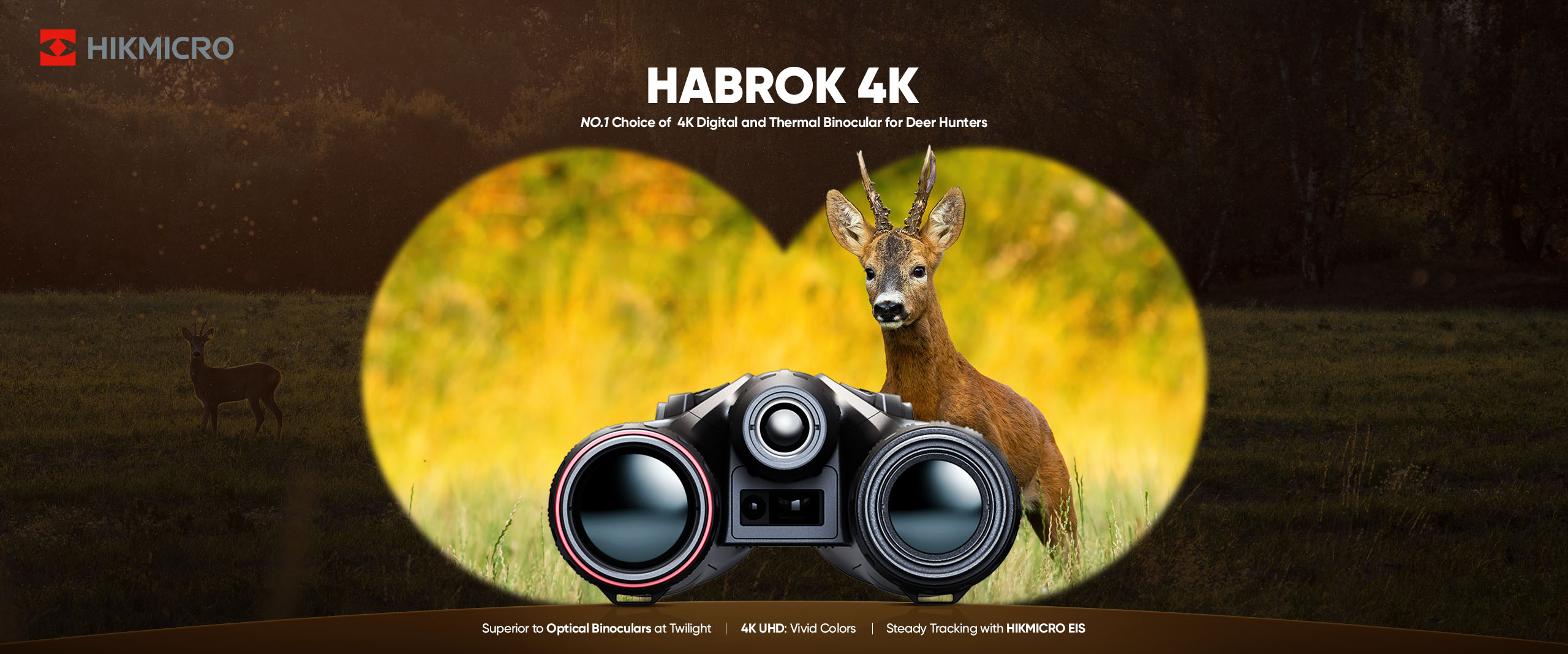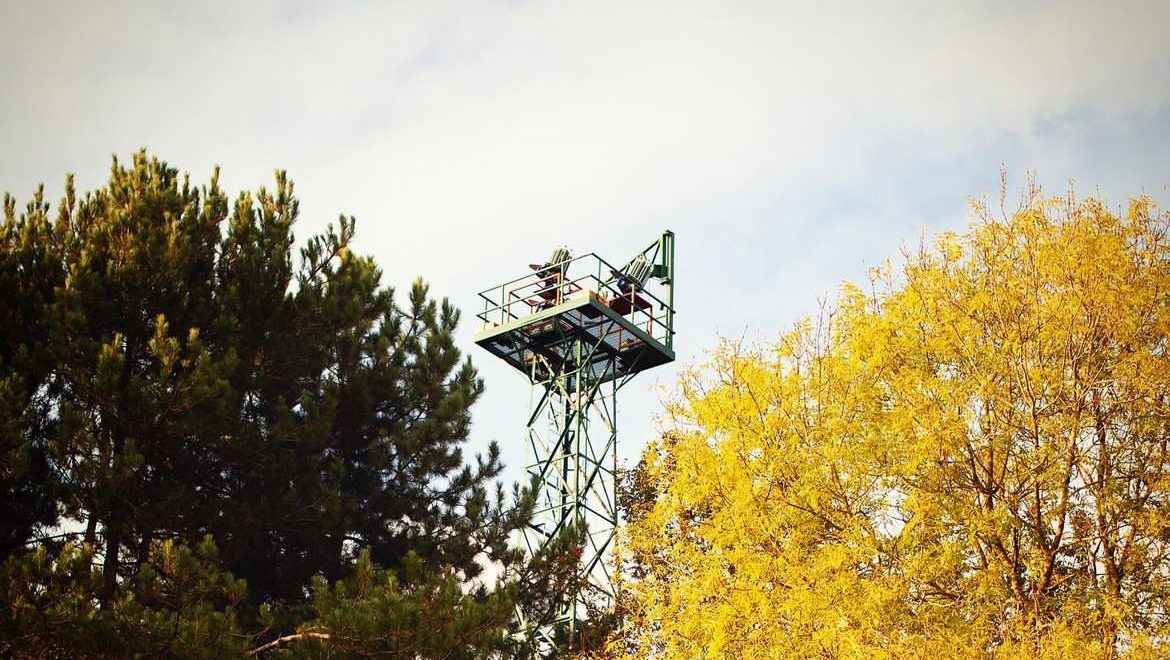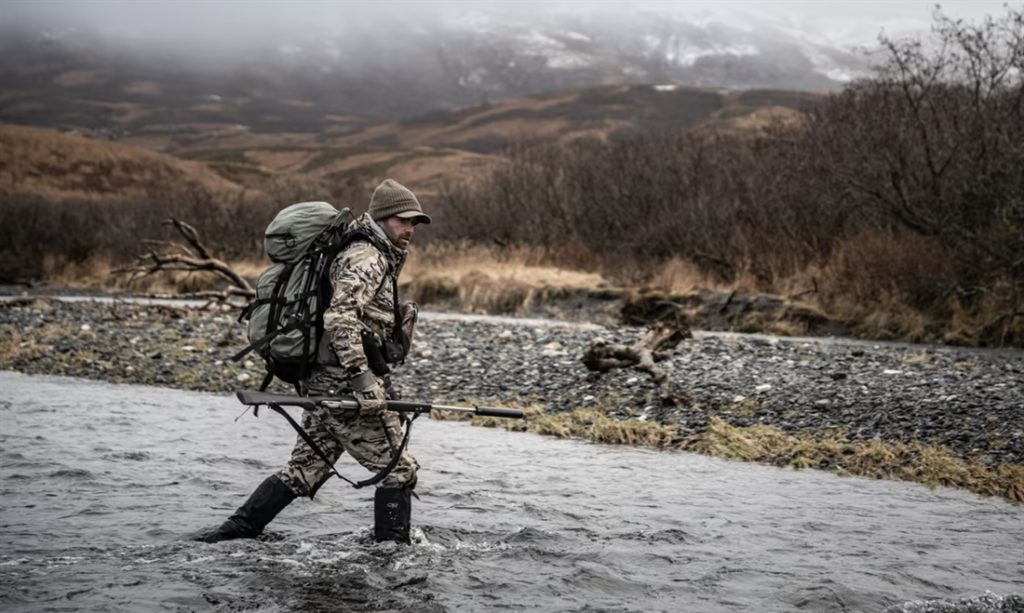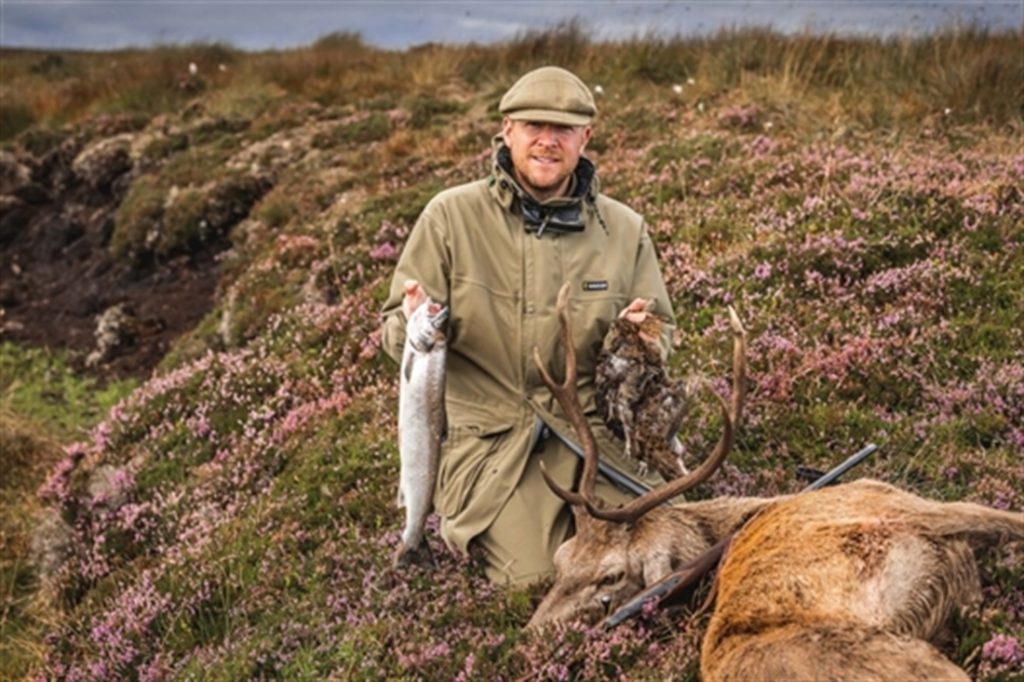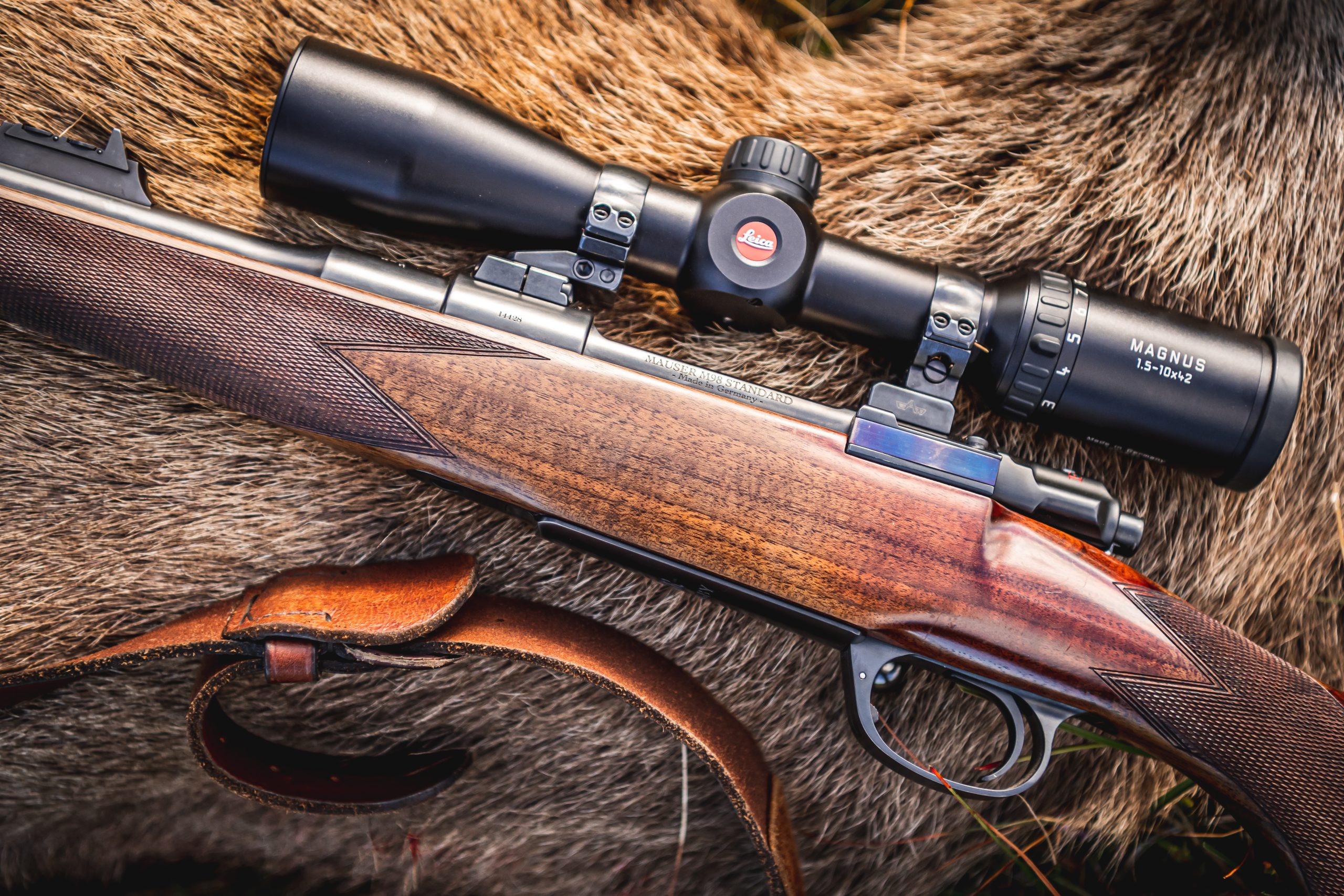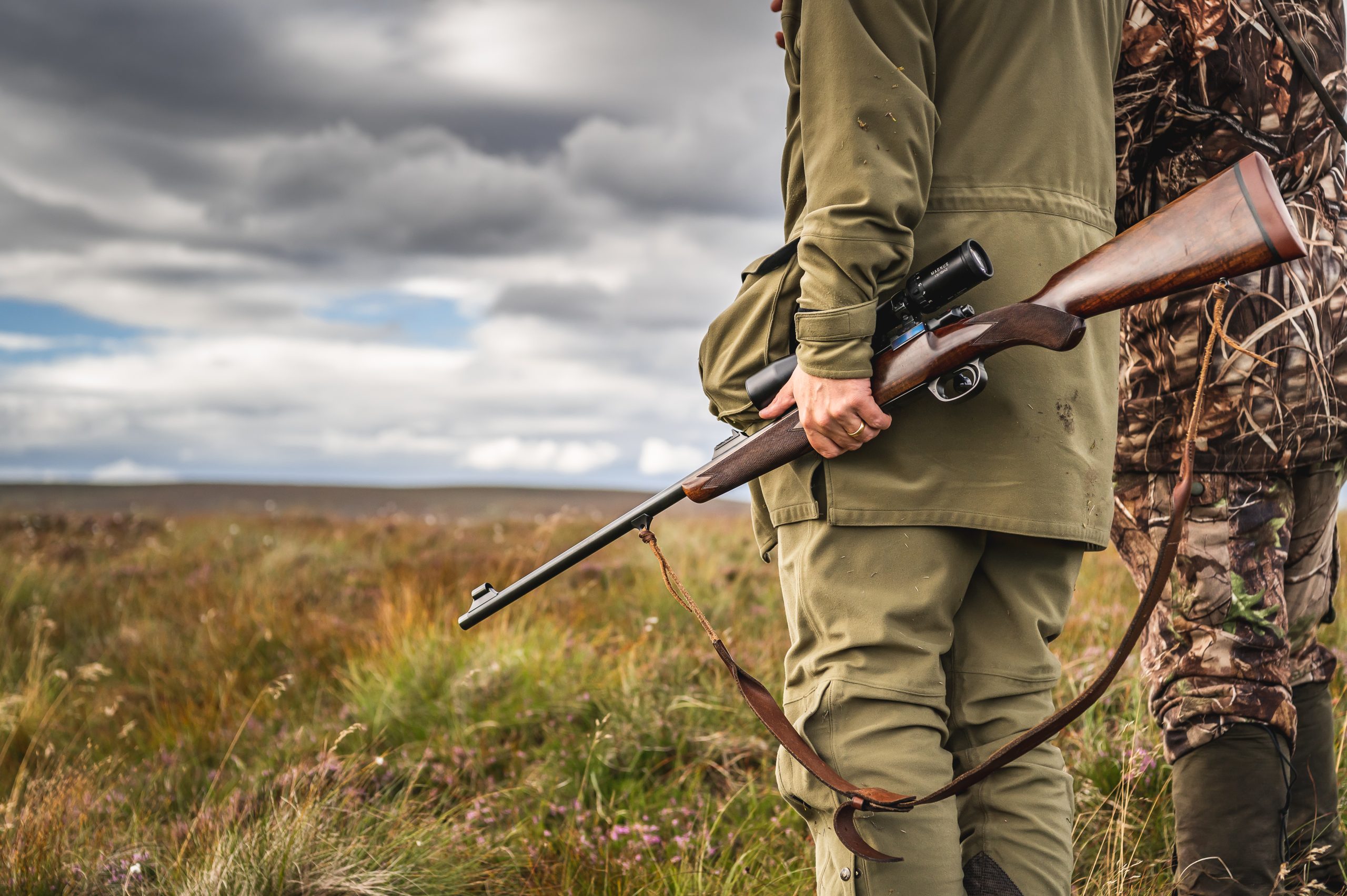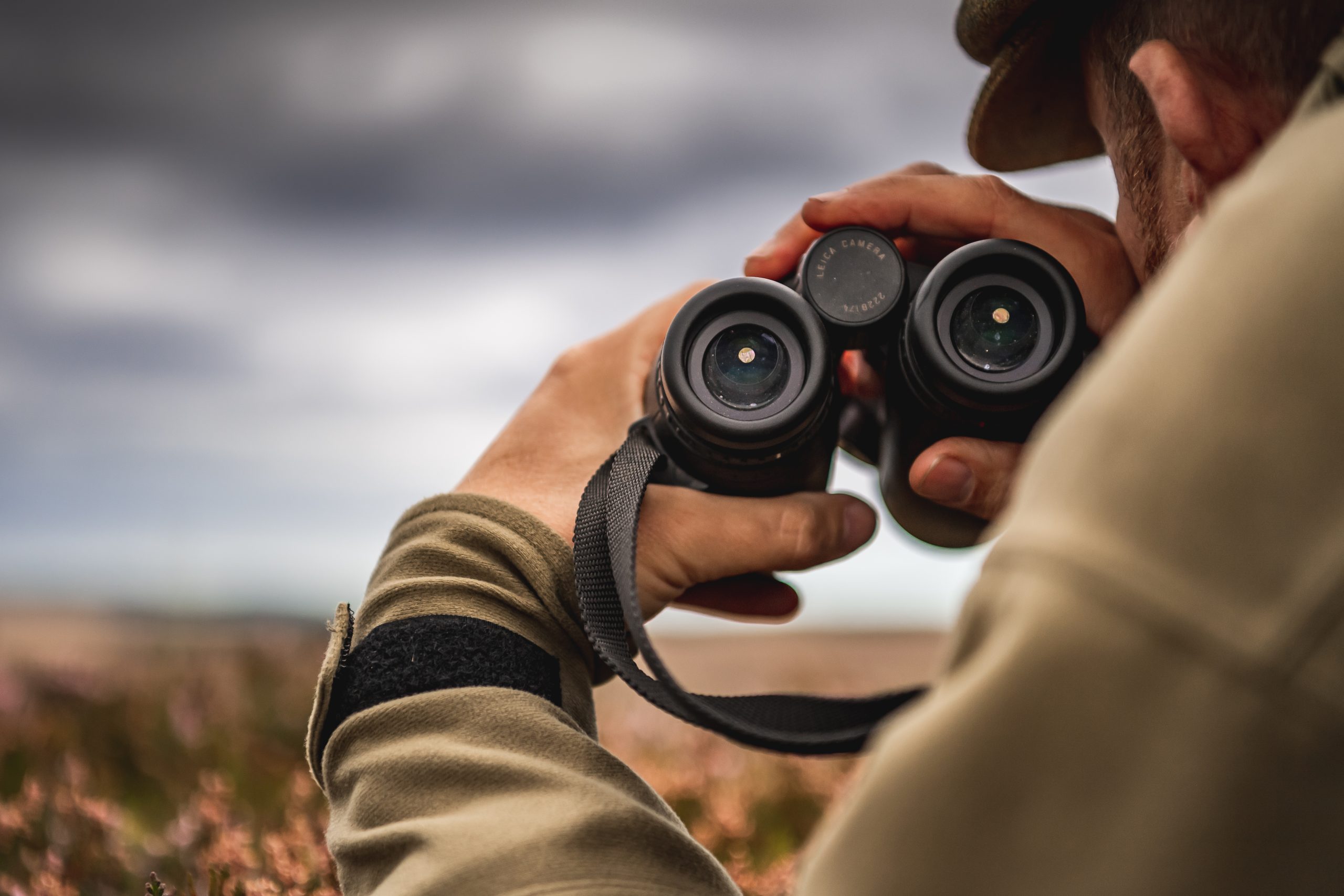Big game
The essence of hunting
Montana-based Andrew McKean is one of America’s most gifted outdoor writers. Formerly the editor of Outdoor Life, which had a readership of 5.4 million at its peak, he masterfully reflects on the universal gift of hunting.
Would you like to appear on our site? We offer sponsored articles and advertising to put you in front of our readers. Find out more.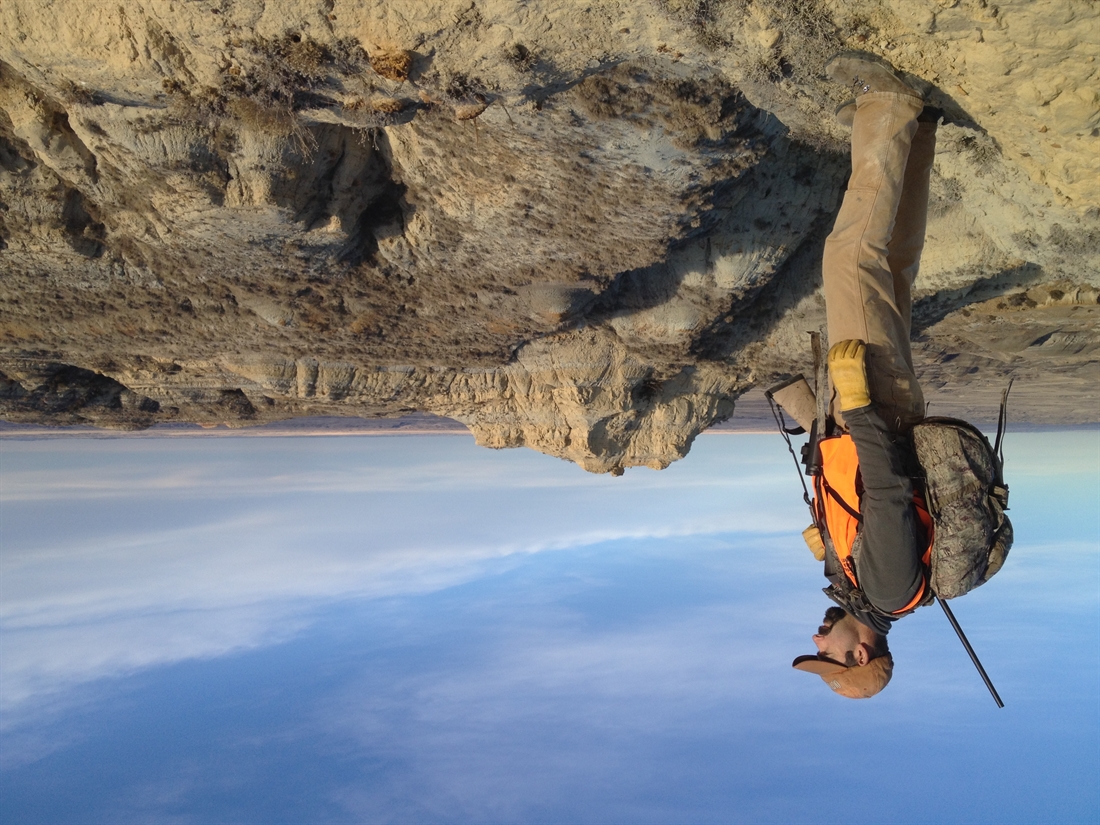
I recognised the coyote as a pair of disembodied ears skating just above the sagebrush. Their owner trotted parallel to me in a prairie wash, and though the coyote’s body was obscured by terrain and vegetation, those ears—fuzzy gray triangles tilted forward in anticipation—told me everything I needed to know. This wild canid was hunting with me, maybe using me as a flusher the way hawks will sometimes hang in the wind above rabbit hunters. Then it occurred to me that it was so desperately hungry it was willing to risk a confrontation in order to be the first scavenger on my kill. Or maybe, I realised with a start after I stumbled over a rock, it was just waiting for me to go down.
For a couple miles across rough country, the coyote kept just out of easy rifle range, 200 meters to my right. If I was tempted to kill it early in our relationship, the longer it shadowed me—for the better part of an hour—the more of a connection I felt with this fellow hunter.
I cannot recall if I shot a mule deer that day, but I remember every detail of my partner, how the coyote stopped when I stopped. How it pretended to be distracted by a mouse or vole when I slowed to check the wind or glass a distant draw. How we never looked directly at each other or acknowledged each other’s presence on that windy prairie, as if recognising a sworn enemy would force both of us to confront—and correct—the perversity of the moment.
Our sage-country minuet reminded me that modern humans are near-sighted, and not just by our digital screens or our to-do lists. In our pursuit of order and efficiency, we overlook the surprising gifts of inefficiency and disorder. The long view is that most of the priceless things of the world—the gestation of a baby, most sunrises, the unknowable length of our lives—are remarkable precisely because they are unknowable.
This is the essence of hunting.
When we hunt, we yield our prodigious knowledge and expectation of predictability to the mystery of the chase. We hunt precisely because we don’t know how it will end, and many of us go to lengths to prolong the mystery. Our technology allows us to kill every wild thing, but we hunters gladly accept rules and limitations because any hunt that gives a wild animal an equal chance of escaping as we have of bagging it is a hunt worthy of its name.
By surrendering to the unknowable, we greet our ancestors. Modern humans share precious few things with the Old Ones, besides our genetic code and our love of sweets. And hunting. Everything that we cherish about our modern world, from our ability to speak to each other to our binocular vision to our talent of harnessing technology to feed and clothe ourselves, comes from the original hunters, who relied on their senses to stay alive and fed.
Hunting as a sensory event is equal to sex and drowning, focusing all of our abilities to comprehend the world. We modern hunters might not know the specific temperature or barometric pressure of the day, but we can feel the weight of the air, and know exactly where it will send our scent. We can sense, just by sitting on the earth, how recently it received rain, and how healthy or stressed the trees and shrubs it grows. To a hunter, a figure silhouetted on the horizon—however small and fleeting—is as obvious as a house. A hunter will notice, long before a gardener will, the first pasqueflower, that fragile pale bloom of wild country that follows snowmelt by only a few days and just as quickly returns to its anonymity. It’s hunters, our butts on the ground and our noses in the wind, who are first to notice changing climates, recognising the plant that doesn’t belong or the season that’s too long and brittle.
This lucidity isn’t limited to terrestrial pursuit. It’s the angler who notices the health of a river, long before the aquatic engineer, by the clarity of the water or the abundance of insects or the vigor of its fish.
And it’s the hunter who recognises the constellation Pleiades, that smallest of celestial dippers that rises in early autumn and cheers our night sky through the hunting season. This was my father’s favorite constellation, and I can’t say its name, even silently to myself, without pronouncing it the way I understood him to say it: “Play At Ease.” That sounds as right to me now as it did when I was a kid with no knowledge yet of interest rates or heart disease.
My mispronunciation reveals a truth, though. Those who mistake hunters as sober pedantics miss that we are playing. Sure, it’s a deadly game, played with lethal intent, but hunting awakes our childlike senses of awe and fun and mystery. Learning what’s over the next ridge is even more important than bagging whatever might live there. Figuring out how to outsmart a rabbit in its homeland requires more gamesmanship and strategy than chess. And when that rabbit survives to play another day, our appreciation for its instincts and reactions swells as it would for any worthy opponent.
If not for fun, why do we hunters willingly subject ourselves to so much discomfort? Why do we sit on a wind-blasted ridge in hopes that the pursuit of a deer or an elk will lead us to more hours of agony? Why do we wait for the most crapulous weather to hunt ducks, then revel in our physical pain as we recount how we lured birds out of the frozen sky to land in our laps? Why do we wade in icy water in the remote hope that we’ll feel the electricity of a hooked fish in our numbing arms?
The answer is so obvious that most hunters fail to ask the question. It’s because we know that the animal taken is only one metric of a successful hunt. The others are the experiences we’ll recall long after the meat from the deer or duck is roasted, or the adored antlers have lost their provenance.
Humans who do not hunt sometimes wonder how we can cherish the animals we hope to catch or kill. These people don’t see the extremes that hunters often go to defend defenseless animals, to advocate for the wild places they require, and to work to ensure the survival of not just the animals we pursue, but all the other life that thrives in the unordered margins of civilization. This is the other part of competition, lost on those who have never competed: our love of the game is equal to our love of our competitor. And while I’d never define a deer or a duck or a trout as a contestant, our obligation to ensure that they thrive transcends seasons or even human generations.
Maybe that’s why, when I noticed that my prairie companion, that inquisitive coyote, had fallen away, I felt a sort of loss. Its presence on my deer hunt added those elements of fun, surprise, and mystery that define the best of our outings. In the years since, I’ve wondered if it left our spontaneous partnership as baffled and as satisfied as I felt.
After all, it was just a coyote, considered vermin by my neighbours, those fence-straight stockmen who also wonder at me, the hunter who seems aroused by the slightest change in the wind.
Related articles
Big game
SAKO & TIKKA: PASSION FOR PRECISION
UNLEASH YOUR PRECISION CAPABILITIES DOWN TO 0.5 MOA ACCURACY.
By Time Well Spent
Big game
The MacNab
The Macnab Challenge – a salmon, a stag and brace of grouse in one day – has its roots in a novel by John Buchan. Simon K Barr finally succeeds after 10 years of trying
By Time Well Spent
Get the latest news delivered direct to your door
Subscribe to Fieldsports Journal
Elevate your experience in the field with a subscription to Fieldsports Journal, the premium publication for passionate country sports enthusiasts. This bi-monthly journal delivers unparalleled coverage of game shooting, fishing and big game across the UK and beyond.
Each issue offers a stunning collection of in-depth features, expert opinions and world-class photography, all presented in a timeless yet contemporary design. By subscribing, you’ll gain access to authoritative content from plain-speaking writers who tackle complex subjects with confidence and experience.
Plus, UK subscribers enjoy exclusive benefits including £2 million Public Liability Insurance for recreational and professional use of shotguns, rifles and airguns. Whether you’re a seasoned shooter or an intrigued novice, a Fieldsports Journal subscription is your gateway to enhancing your field sports endeavors and staying connected to the country way of life.
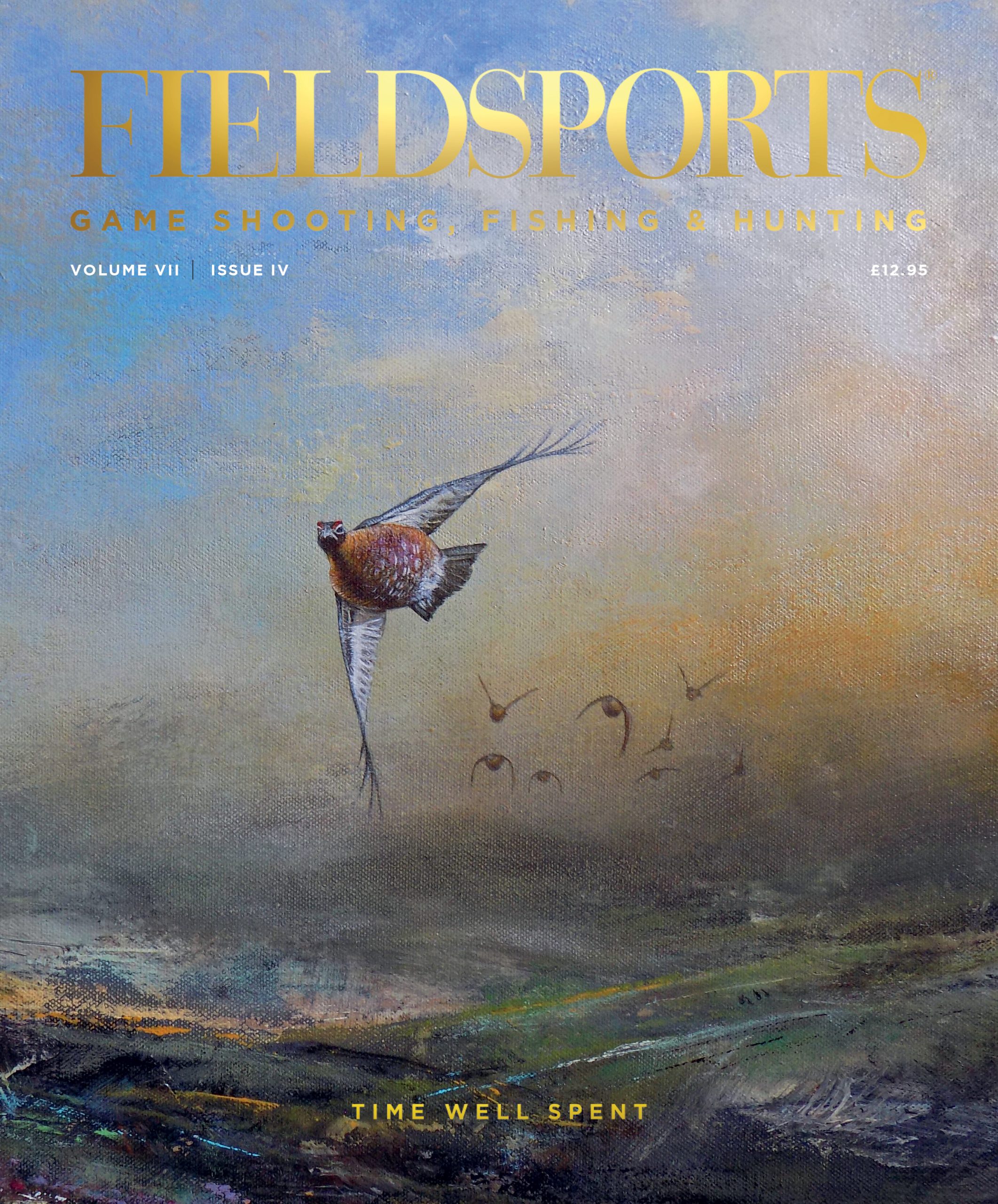
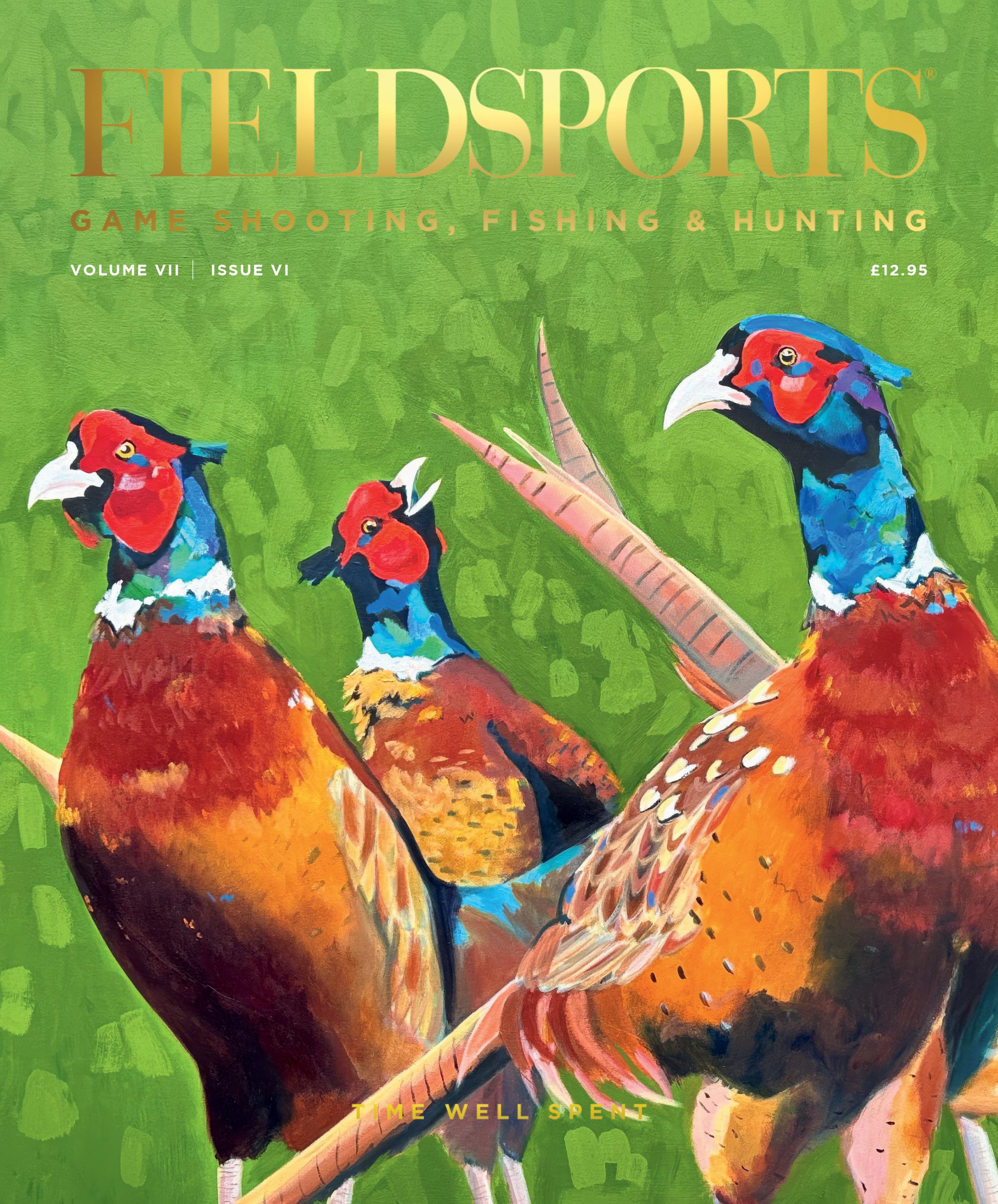
Manage Consent
To provide the best experiences, we use technologies like cookies to store and/or access device information. Consenting to these technologies will allow us to process data such as browsing behavior or unique IDs on this site. Not consenting or withdrawing consent, may adversely affect certain features and functions.
Functional Always active
The technical storage or access is strictly necessary for the legitimate purpose of enabling the use of a specific service explicitly requested by the subscriber or user, or for the sole purpose of carrying out the transmission of a communication over an electronic communications network.
Preferences
The technical storage or access is necessary for the legitimate purpose of storing preferences that are not requested by the subscriber or user.
Statistics
The technical storage or access that is used exclusively for statistical purposes.
The technical storage or access that is used exclusively for anonymous statistical purposes. Without a subpoena, voluntary compliance on the part of your Internet Service Provider, or additional records from a third party, information stored or retrieved for this purpose alone cannot usually be used to identify you.
Marketing
The technical storage or access is required to create user profiles to send advertising, or to track the user on a website or across several websites for similar marketing purposes.

